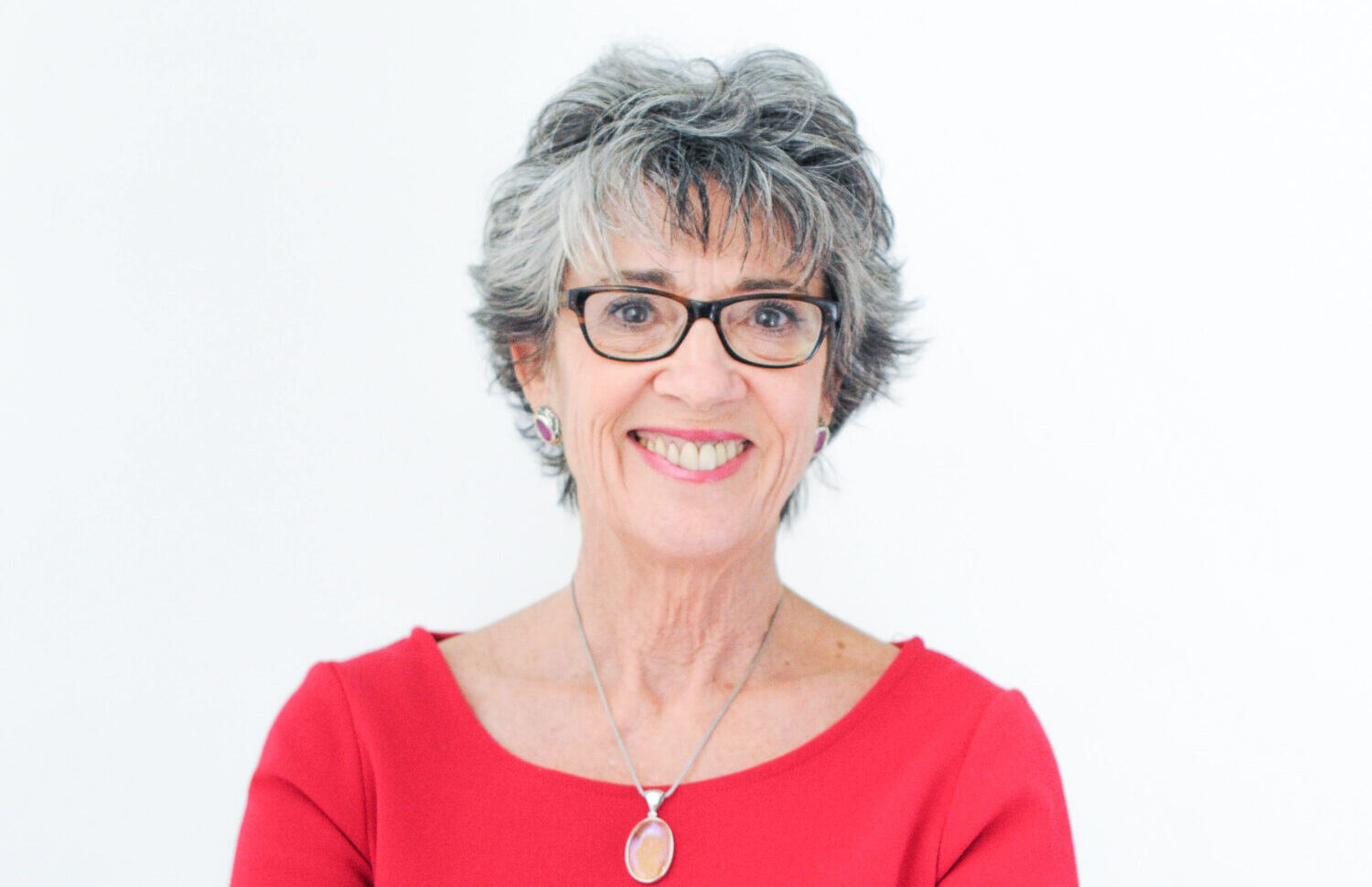As a researcher and public health professional, I’ve spent four decades studying promising strategies to address health disparities, especially among older Americans with low incomes.
I’ve always been proud of that work. But when the Black Lives Matter movement took shape after the murder of George Floyd in 2020, I knew I wanted to do more—as a person and a professional. I wanted to take concrete action to address the systemic racial and ethnic inequality that was suddenly in the national spotlight.
I was eager and energized. But I had one problem: I didn’t know how to begin.
Fortunately, a group of colleagues at LeadingAge helped me find a way to make a difference. They invited me to become an “ally” in their efforts to create the LeadingAge Leaders of Color Network, a professional networking group designed to support and facilitate career advancement in aging services for senior, mid-level, and emerging leaders of color in LeadingAge member organizations.
I was on board immediately. But I had one simple question:
What’s an ally?
If you have the same question, I urge you to register for a free webinar hosted by the LeadingAge Leaders of Color Network on February 7 at 2 p.m. ET.
“Allies in Action: Creating a Supportive Workplace” will be led by Nzinga “Zing” Shaw, a diversity, equity, and inclusion (DEI) pioneer well-known for her DEI work with the Atlanta Hawks basketball team. Zing will explain what an ally is and how allies can help create inclusive workplace environments that support the advancement of leaders of color. She’ll also share strategies and tools to help us all become more effective allies.
Zing’s definition of an ally includes words that resonate with me. Being an ally isn’t about passively expressing solidarity with a marginalized group. Allyship is intentional and action-oriented. It calls for empathy, humility, listening, learning, and dedication to social change.
Equipped with these characteristics, allies are in a great position to:
- Support and advocate for the rights, dignity, and well-being of marginalized or underrepresented communities.
- Leverage their resources and influence to challenge and dismantle barriers that these communities face.
- Foster inclusive environments where everyone is empowered to thrive.
I used my calling as an ally to support and champion the Leaders of Color Network, which now has more than 400 members. Your calling as an ally will depend on your unique skills, interests, and role in our field.
I hope you’ll join me on February 7 to explore your role in helping create healthy and diverse workplaces where all leaders can thrive. We need everyone at the table. I look forward to seeing you there.

 HOTMA: New Rules for Housing
HOTMA: New Rules for Housing Colleagues on the Move, November 6, 2024
Colleagues on the Move, November 6, 2024 Analysis: What Does the Final CY2025 Home Health Rule Include?
Analysis: What Does the Final CY2025 Home Health Rule Include? Analysis: November 2024 LTC Surveyor Guidance Updates
Analysis: November 2024 LTC Surveyor Guidance Updates Federal Court Strikes Down Department of Labor Overtime Regulation
Federal Court Strikes Down Department of Labor Overtime Regulation


